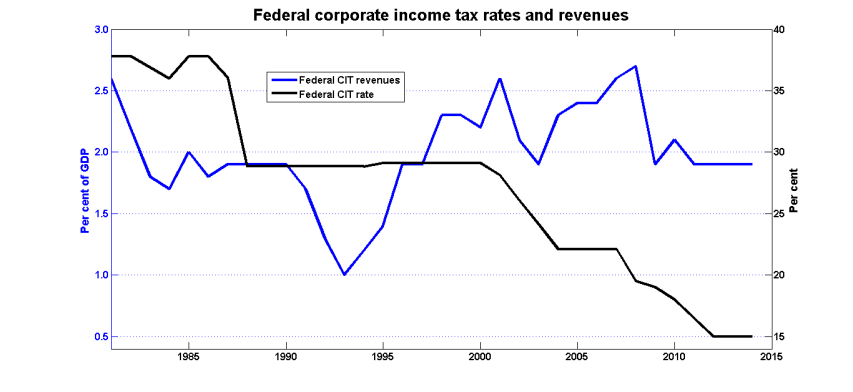Toronto’s real estate market has been insane for years, with prices for utter wrecks still approaching a million dollars. This has a knock-on effect for rental housing, with insufficient supply guaranteeing that rents will also go higher and higher. The Ontario NDP thinks they’ve got a silver bullet to fix the rental market: rent control! Chris Selley explains why this won’t work out the way eager would-be renters in Toronto might hope:
The NDP’s solution: rent control. MPP Peter Tabuns tabled a private member’s bill Monday that would extend limits on annual rent increases to units built after 1991 — thus closing a so-called “loophole” the Mike Harris Tories introduced in hopes people would build more new units. The Liberals followed quickly behind, with Housing Minister Chris Ballard promising “substantive rent control reform” — details to come.
You can see the attraction, politically. Robber baron landlords swoop in, cackling, forcing families onto the streets and auctioning off their homes, literally, to the highest bidder. The government can stop it. Why won’t the government stop it?
No doubt there are some very sympathetic stories out there. But we in the media tend to be very good at finding those, and it’s hard not to notice the preponderance of “victims” who could afford very high rent in the first place, and didn’t do their homework with respect to rent control or the lack thereof. A typical example: CBC introduced us to a 32-year-old who was paying $1,650 a month for a tiny one-bedroom condo, only to be sent couchsurfing by a whopping $950 increase.
[…]
The fact is, rent control would largely help high-end renters in a high-end market. The vast majority of units that aren’t rent controlled are condos. In October, CMHC pegged the condo-over-apartment rental premium in the GTA at 46 per cent for one-bedrooms, 54 per cent for two-bedrooms and 65 per cent for three-bedrooms.
The real challenge these days is finding an apartment, period: the vacancy rate in October was 1.3 per cent. Critics say the “loophole” didn’t actually incentivize building rental apartments, but closing the “loophole” certainly won’t. Indeed, it’s tough to see how it would accomplish much except transferring money from unit owners to their tenants. Many will like that idea on principle — but if owners can’t rent to the highest bidder, they are unlikely to suddenly rent for less to the youngest, most disadvantaged and most vulnerable people rent control ostensibly helps.
If you want central Toronto to be a more affordable place to live, you need to figure out how to boost supply. There are lots of different ideas out there. It’s a topic of constant discussion at City Hall and Queen’s Park alike. Rent control is nothing but a political distraction.





